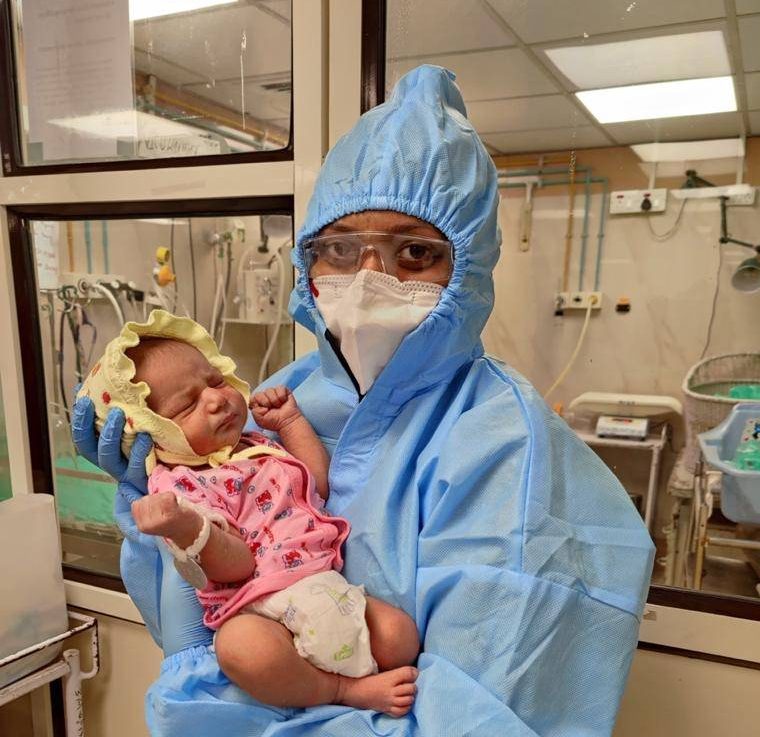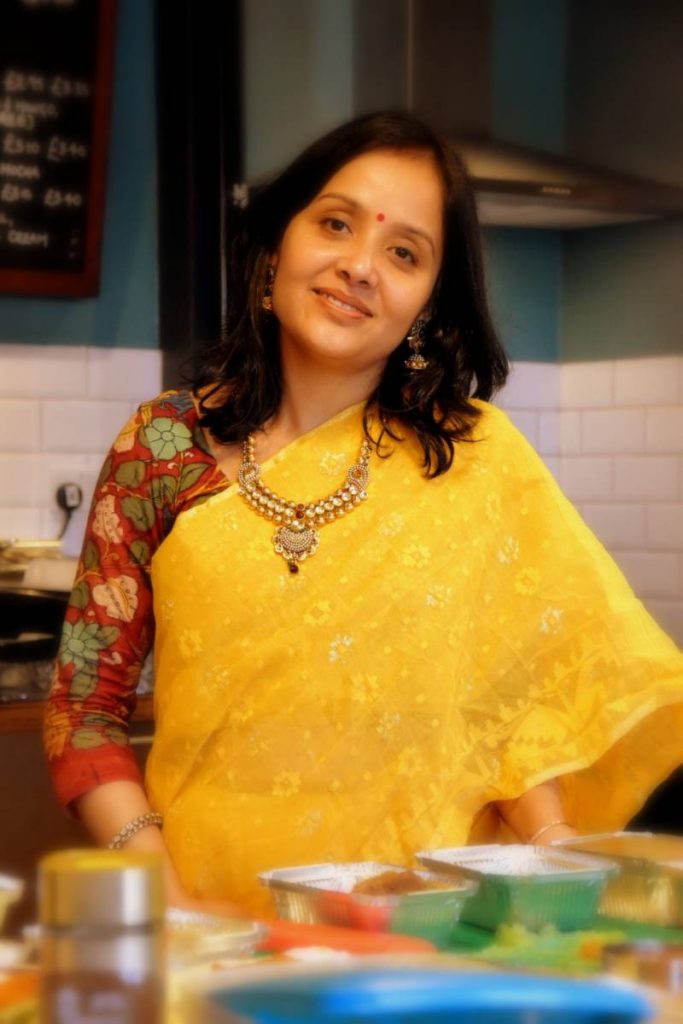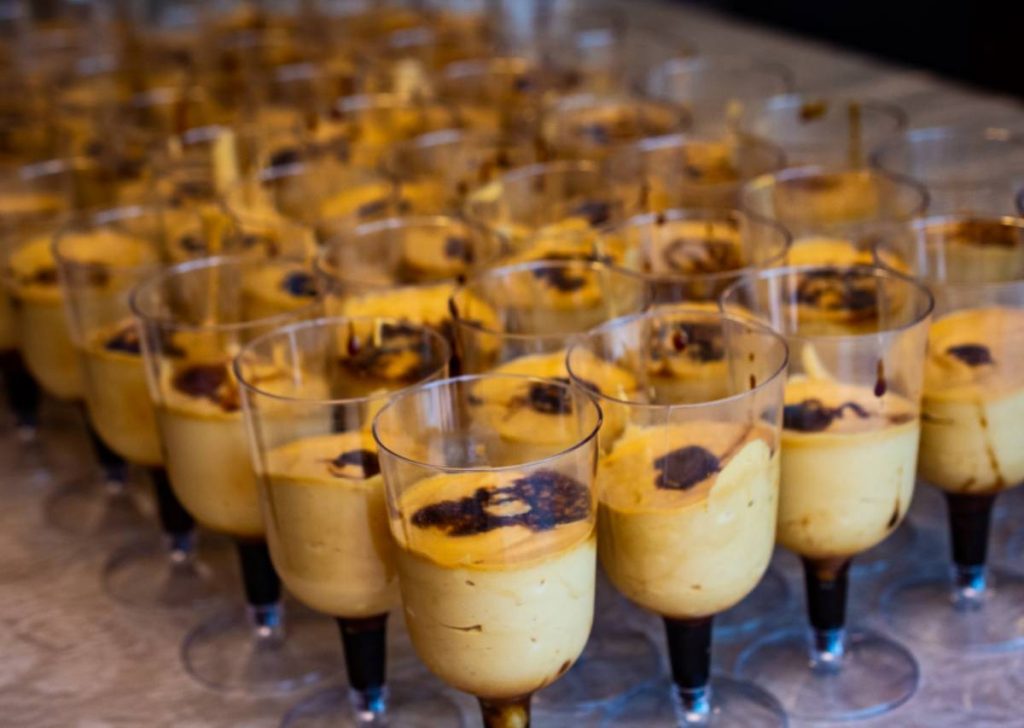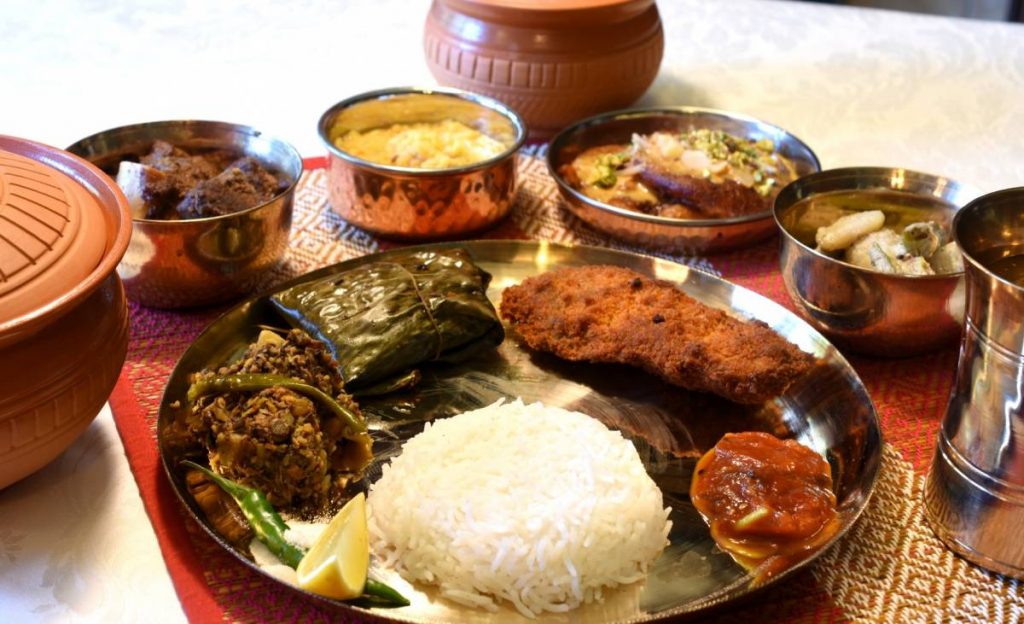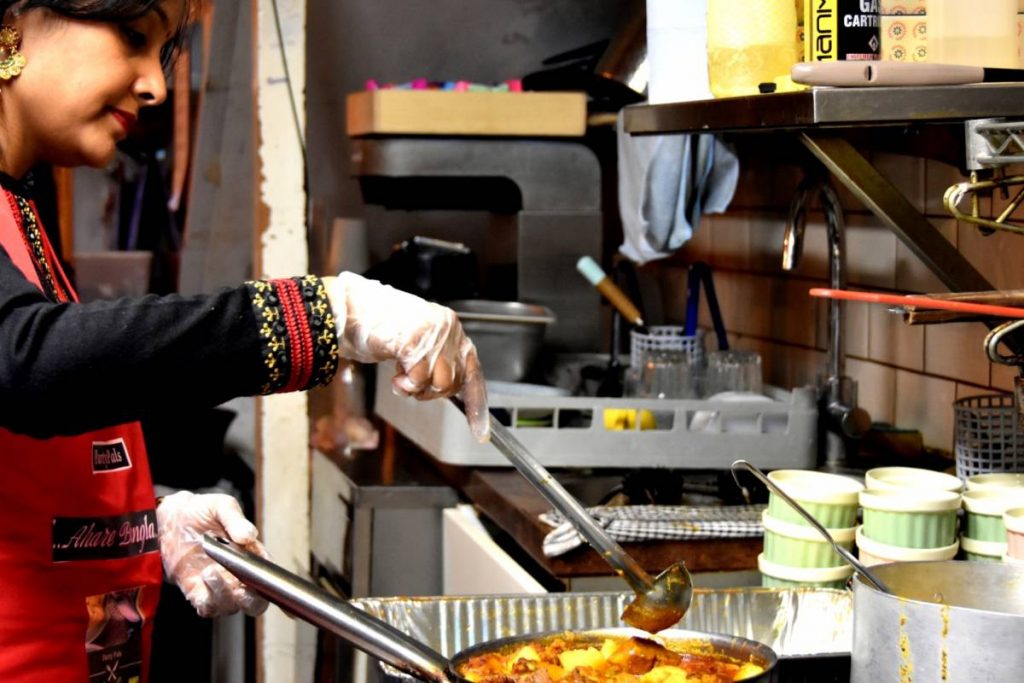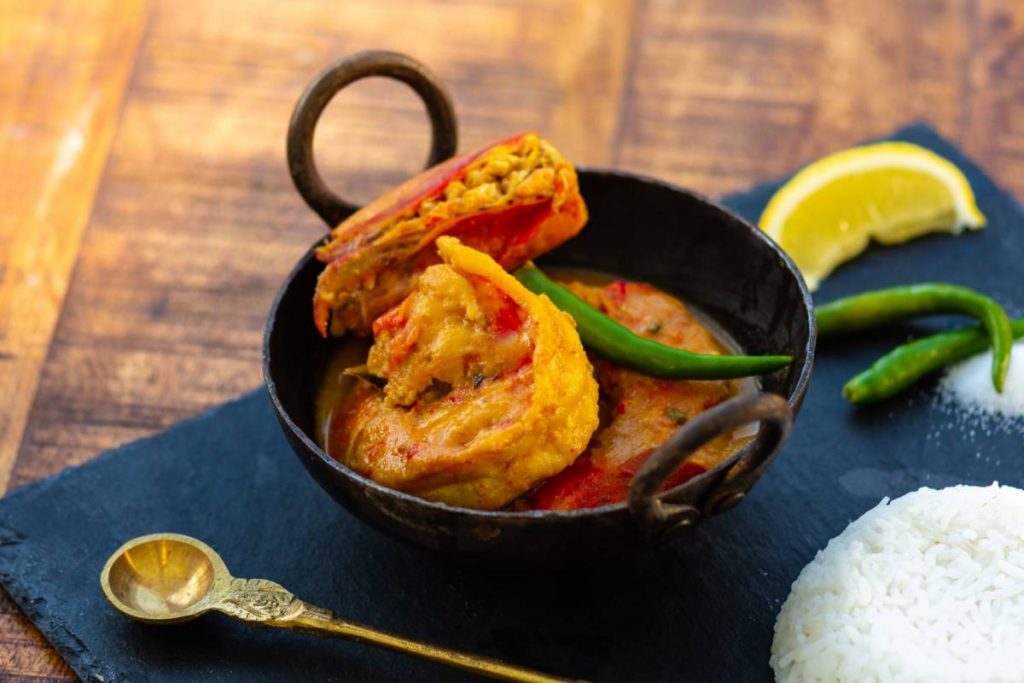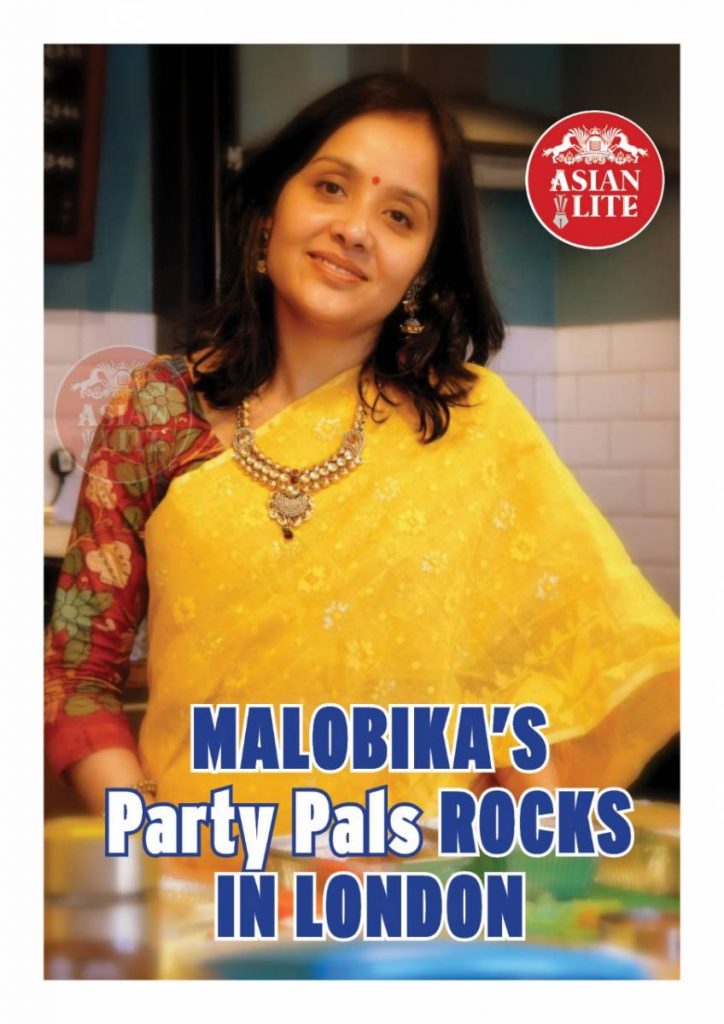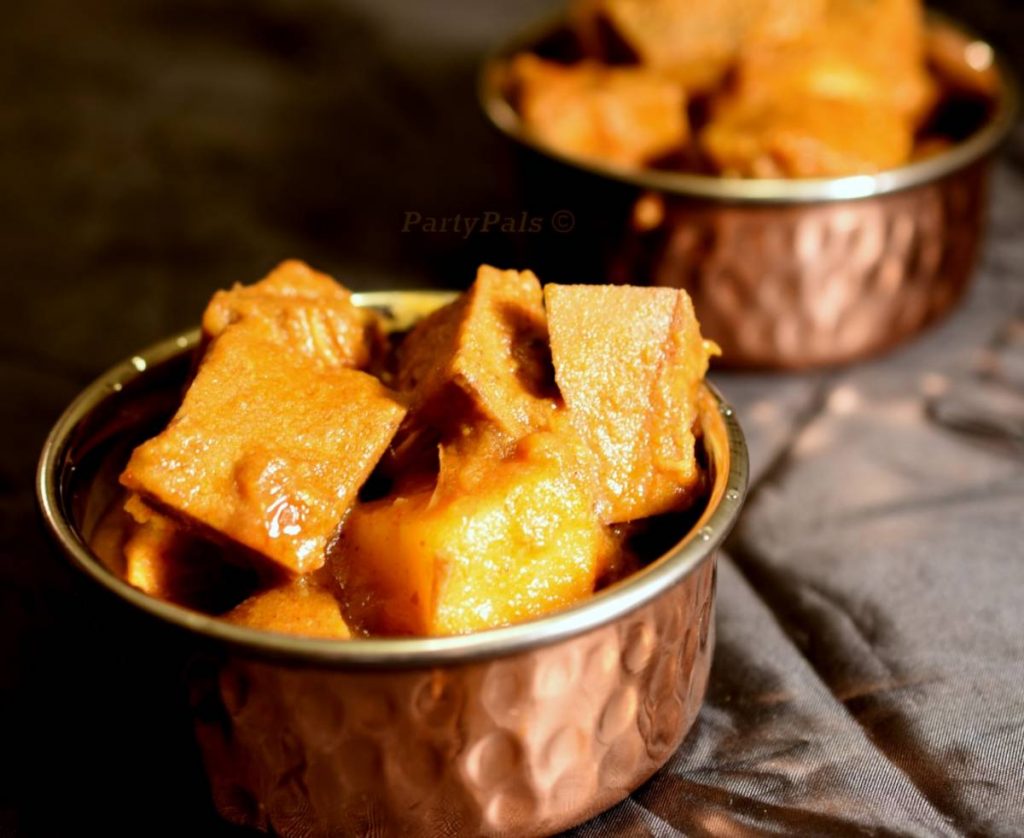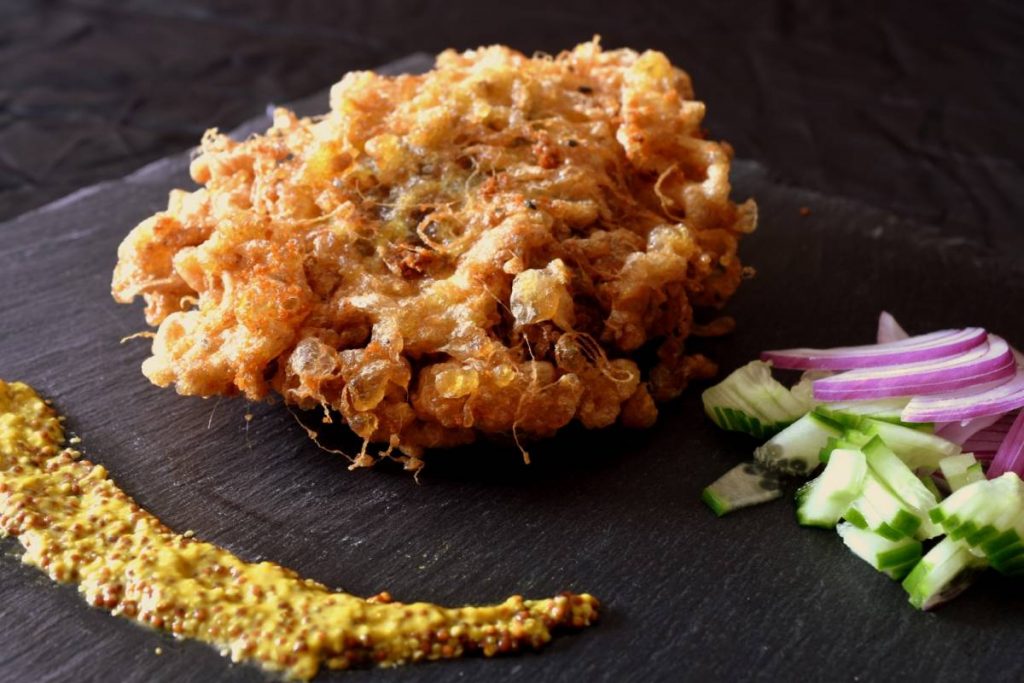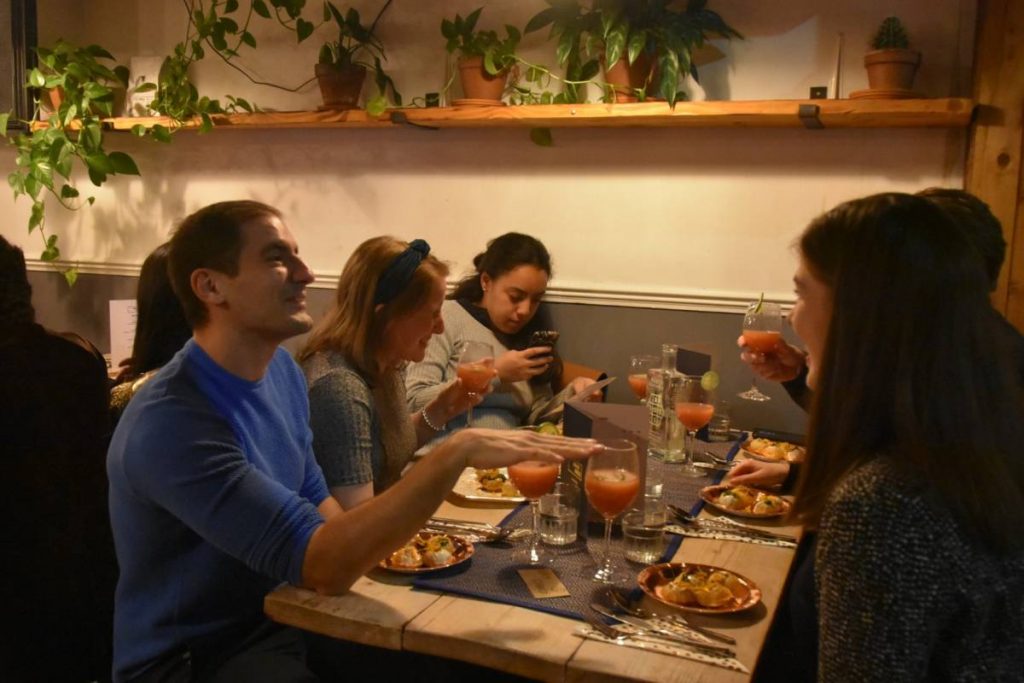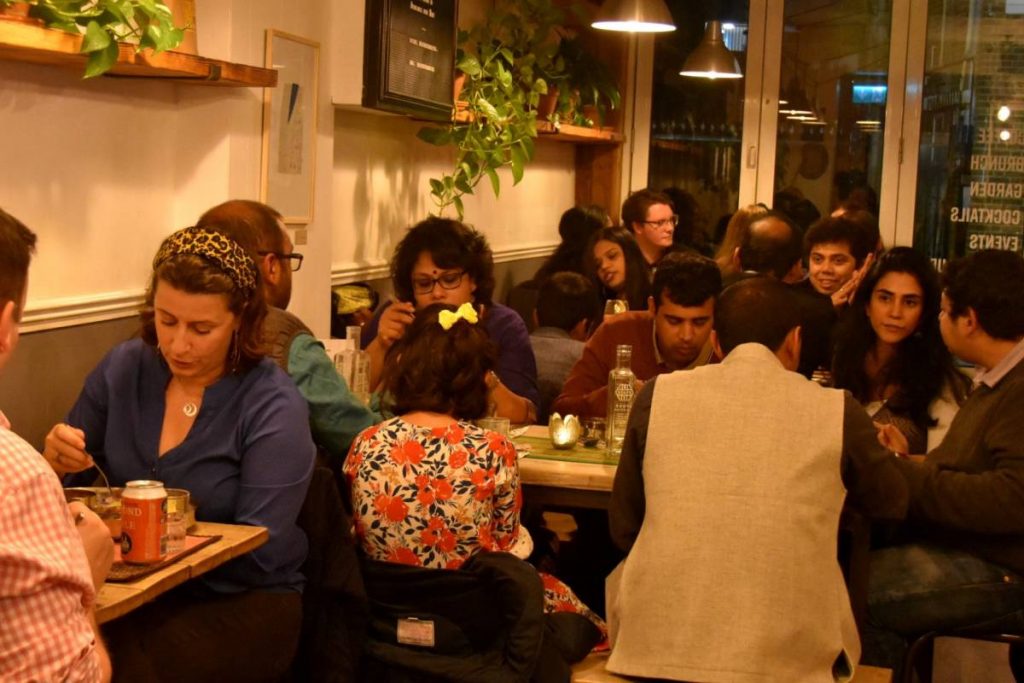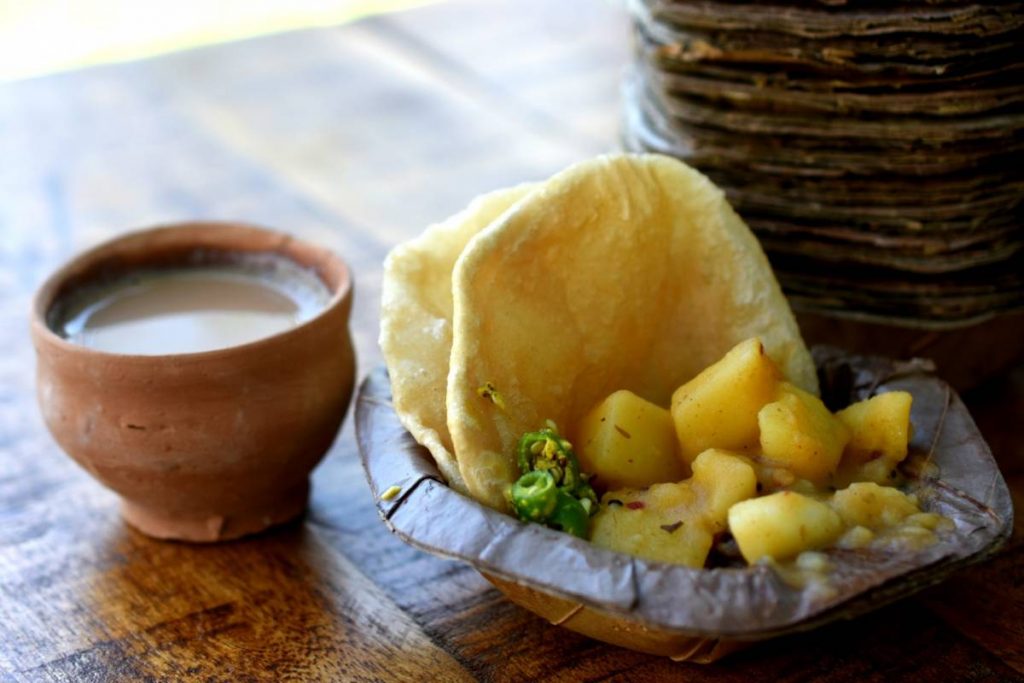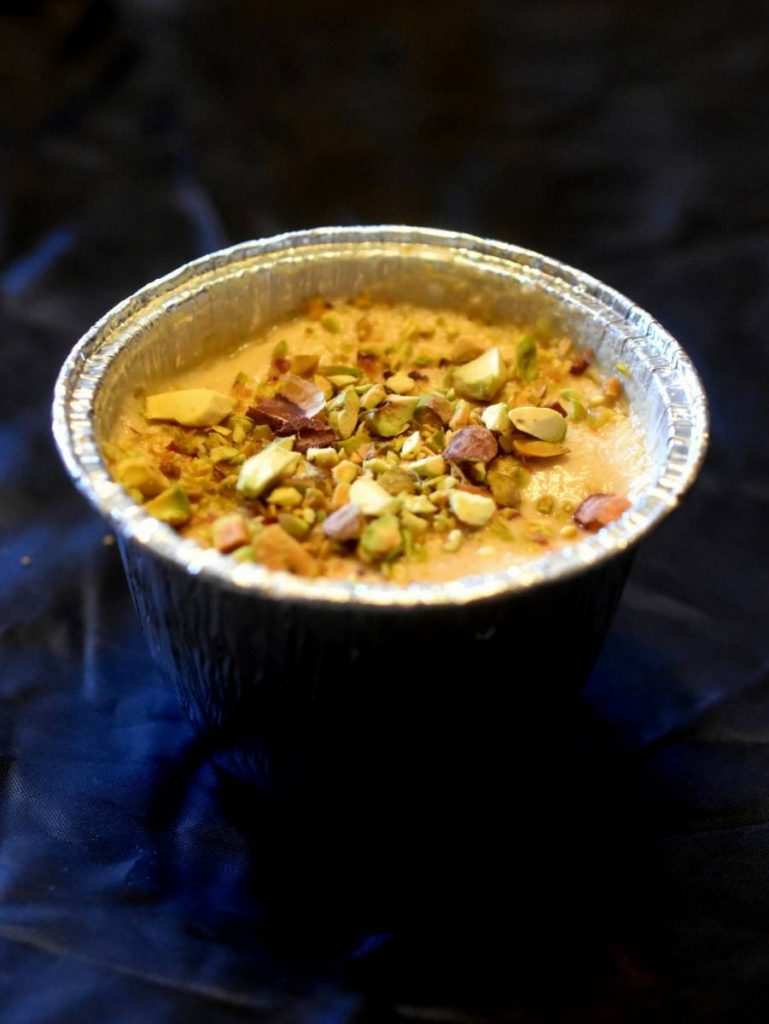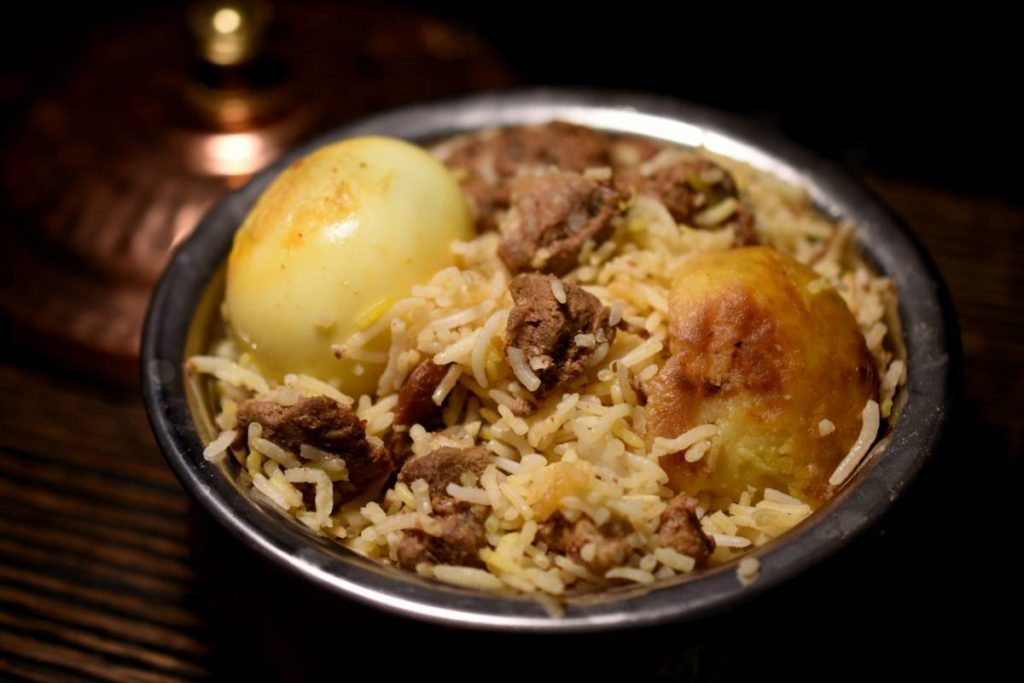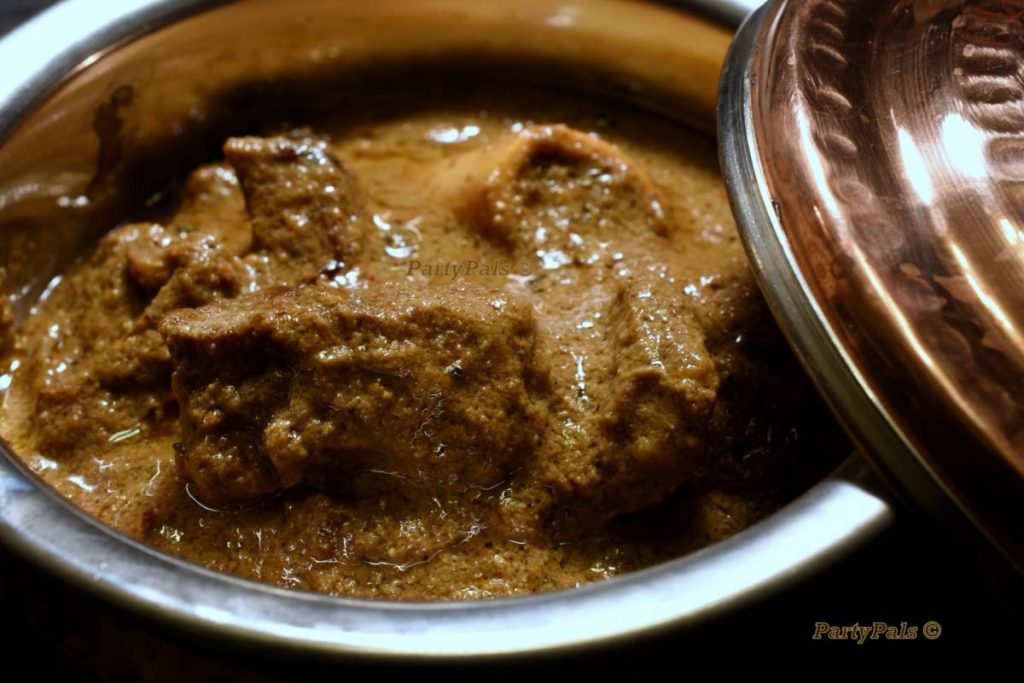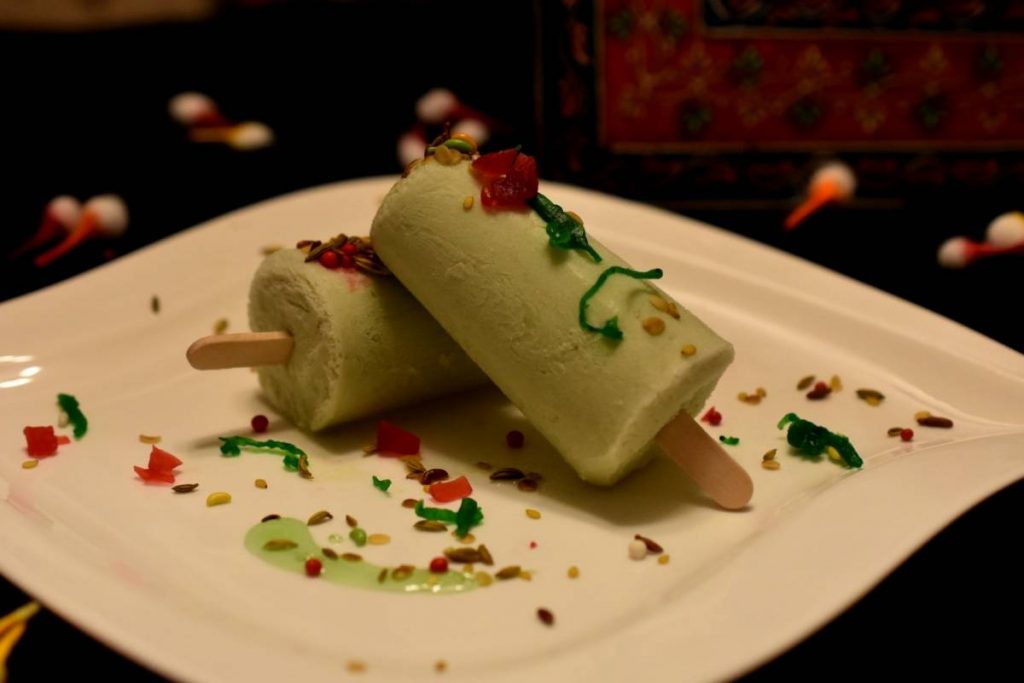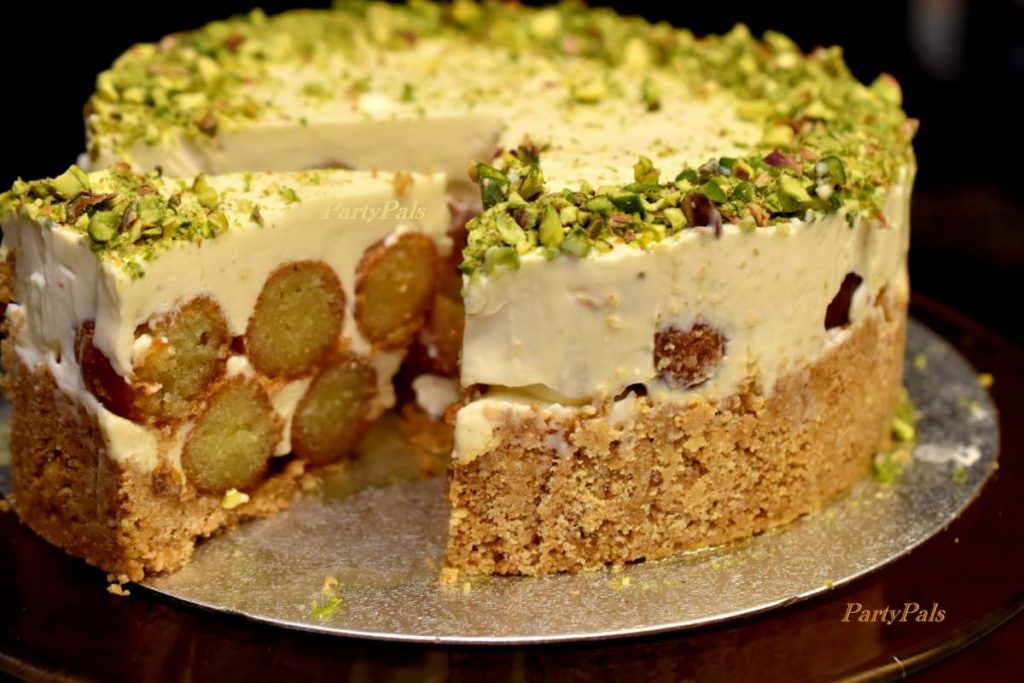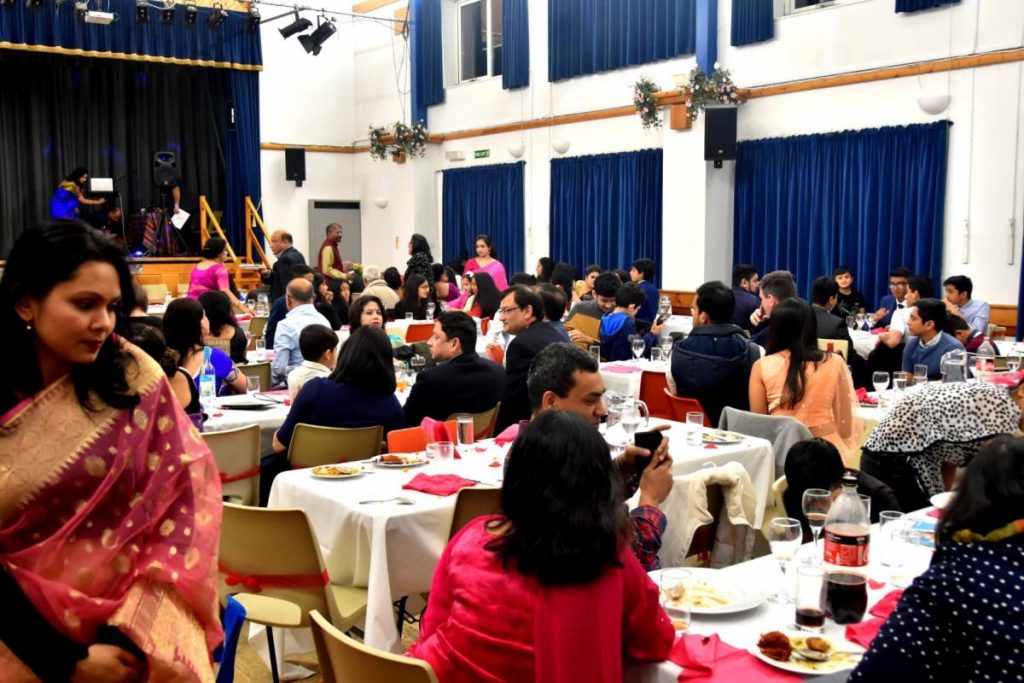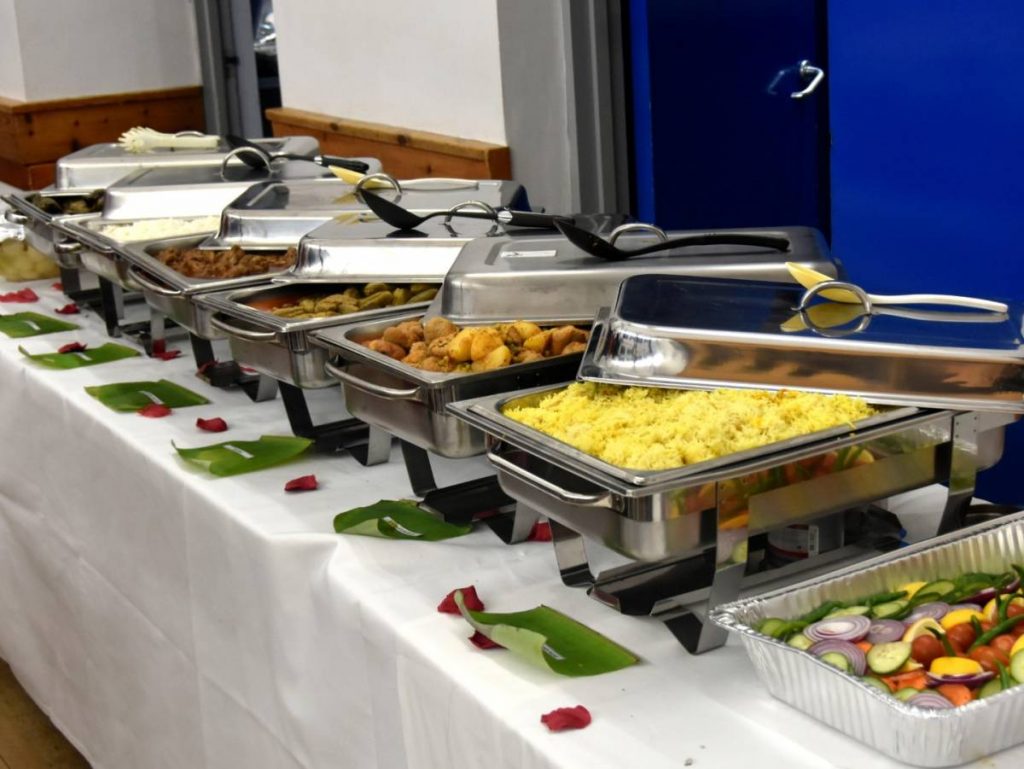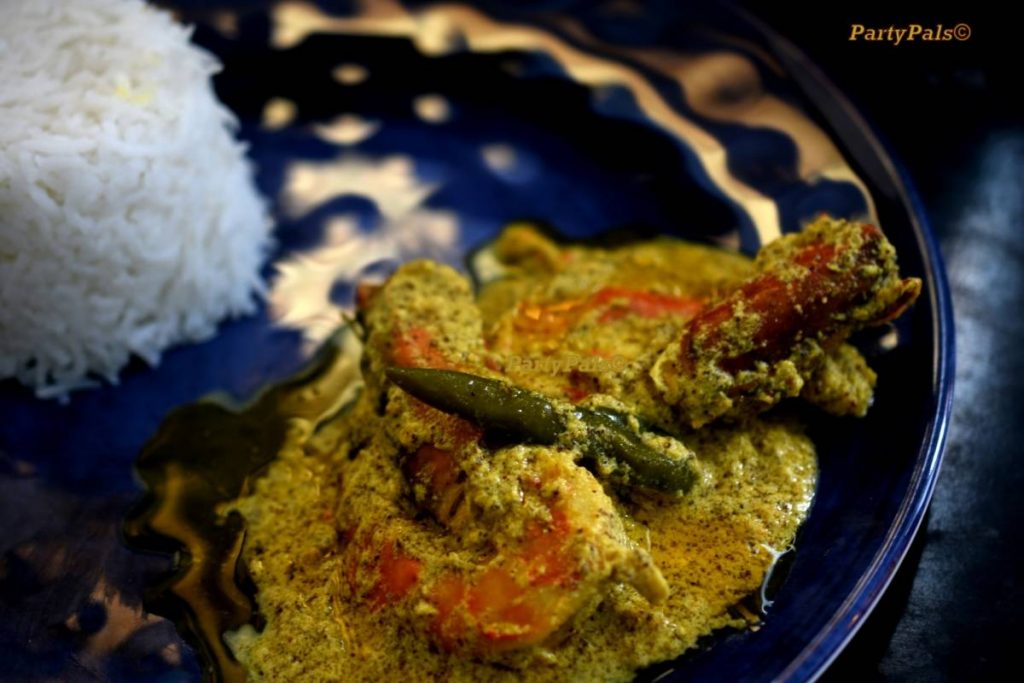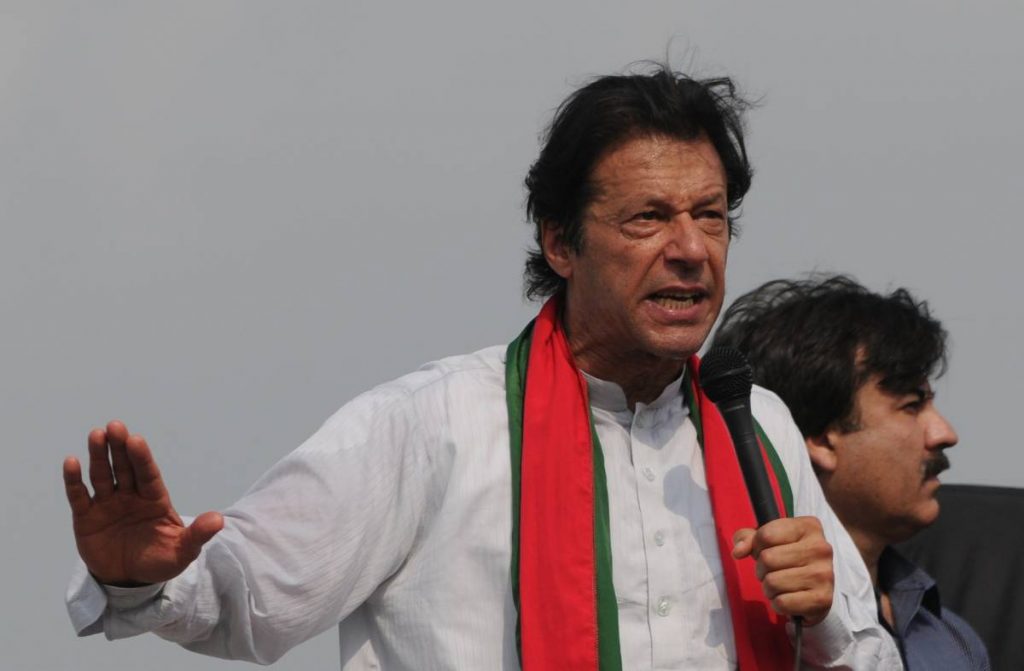The first such delivery of an infant by a Covid-19 positive mother took place on April 14, 2020 at the height of the pandemic…reports Asian Lite News
Marking a significant achievement, the civic-run BYL Nair Charitable Hospital has just completed its 1025th safe delivery for a woman infected by Covid-19 – and may walk into record books, excited officials said.
The first such delivery of an infant by a Covid-19 positive mother took place on April 14, 2020 at the height of the pandemic at the hospital run by BrihanMumbai Municipal Corporation (BMC).
“Of around 1,025 safe deliveries so far, there was one set of triplets, 19 twins and the remaining 984 were single bundles of joy whose first cries brought cheers to the lives of their anxious parents,” the hospital Dean & Director Dr Ramesh Bharmal said.
The achievement comes hand-in-hand with the Supreme Court’s observations this week patting the BMC’s handling of the Covid-19 situation and asking other states like Delhi to follow the ‘Mumbai model’.

The BMC attributes the success of Nair Hospital to the sheer dedication of the medical, para-medical and support teams at the hospital under the guidance of BMC Commissioner I.S. Chahal, Additional Municipal Commissioner Suresh Kakani, Dr Ramesh Bharmal, and other top officers.
“They slogged 6 hours consecutively without even drinking water as they wore PPE kits, did all their duties tirelessly practically 24X7, spending days in hospital without going home, and dedicated themselves without complaints to the care of the Covid-19 positive pregnant women and their special needs,” said Dr Bharmal.
Also read:Canada lends helping hand to India
“Covid infection is not congenital. Even if the mother is infected, the unborn baby is not infected but can become positive after coming in contact with the mom after birth,” explained Dr Sushma Malik, head of the departments of neo-natal and pediatrics care.
As per protocols, all newborns of Covid-infected women are also tested and though some infants born here during the year were found positive, they were asymptomatic and later discharged after they tested negative, she added.
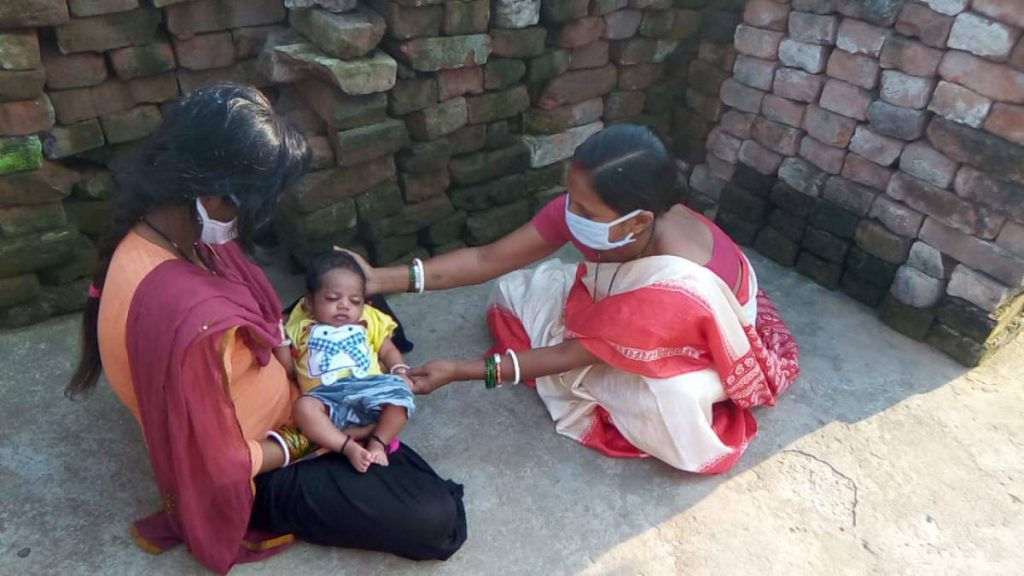
Dr Bharmal said that while a majority, or over 60 per cent of the deliveries were ‘normal’, the rest were through the Cesarian Section, and there was not a single fatality among the mothers or the infants in the first Covid-wave.
“However, this time, the second wave of Covid is affecting pregnant women, babies and children� So far in the past nearly 3 months, we have recorded around a dozen unfortunate deaths�” he added.
The hospital had to take special care to ensure hygiene in the two main departments – the obstetrics and the neonatal intensive care units to ensure they were sparkling clean with regular efforts by the ward-boys and other conservancy staffers.
Another problem that confronted the doctors was breastfeeding the newborn infants to ensure their proper nutrition but without getting infected from the mom.
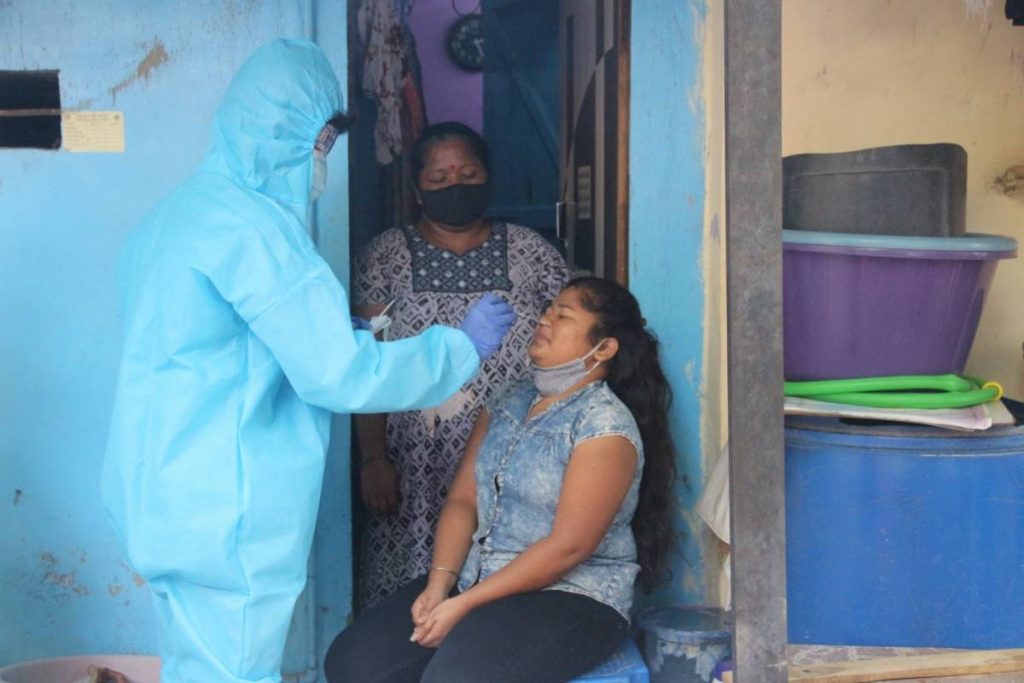
“For this, each woman admitted was handed a full Covid protection kit like sanitizer, soap, facemask, toothpaste, brush, oils, combs, towels, kerchiefs, and served a protein-rich diet comprising cereals, pulses, eggs besides counselling and all other precautions to ensure the baby remained infection-free,” said Dr Malik.
“During my delivery at the BMC’s Kandivali Shatabdi Hospital in April 2020, all the people, medical and non-medical staffers, security, took full precautions. Any unauthorized persons were barred on the maternity floor, no crowds anywhere, etc,” said a Dahisar housewife, Priyanka K.G. who delivered a baby girl (Kasturi) there amidst huge apprehensions.
Dr Bharmal said with pride the Nair Hospital probably the only such success story notched in the country’s medical history as per available information, and further scientific documentation with additional research is currently underway to claim an entry to Guinness Book of Records.
Also read:Switzerland sends medical aid to India

